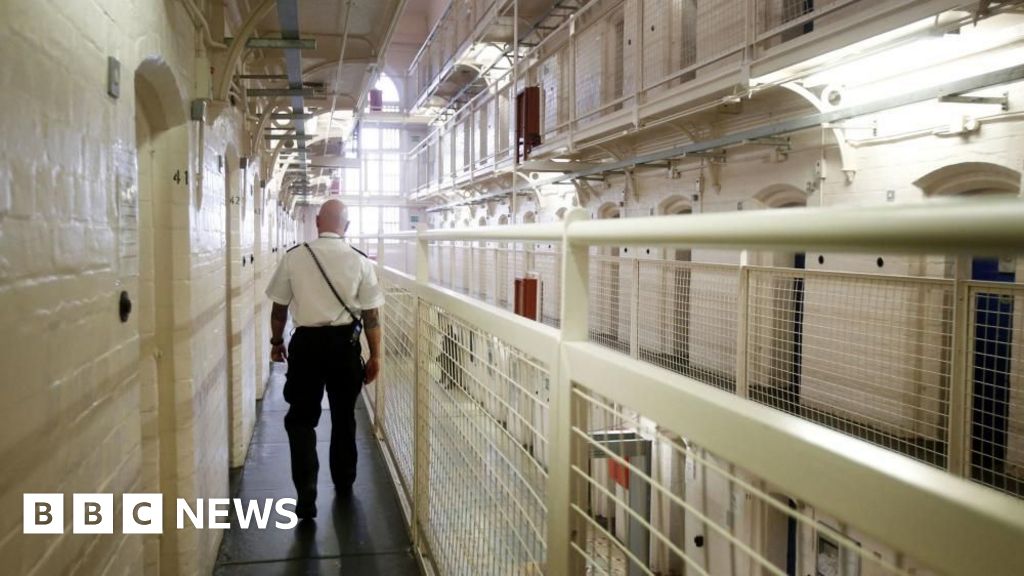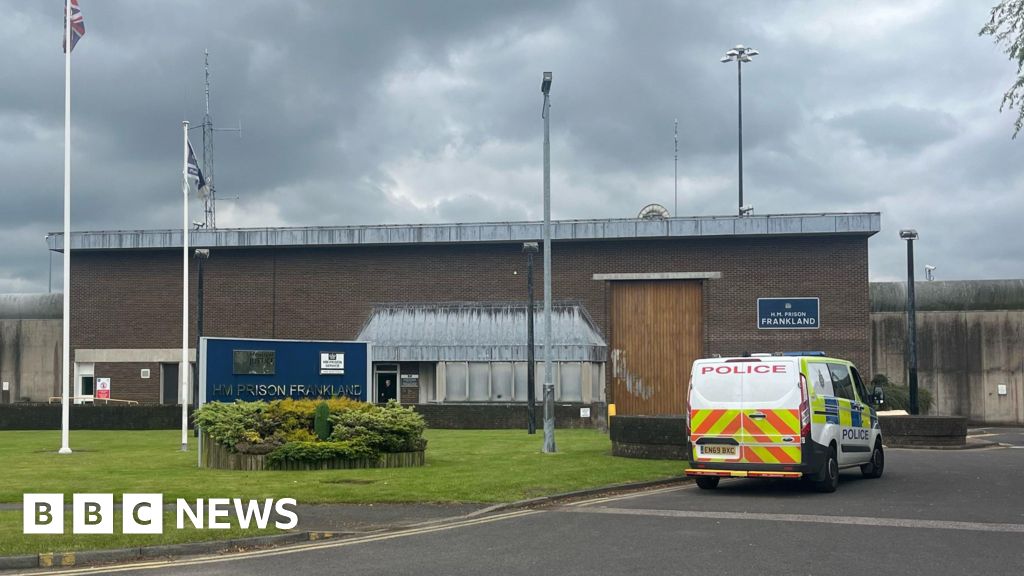Harvard University Files Lawsuit Against Trump Administration Over Funding Freeze
In a significant legal move, Harvard University has enlisted a team of prominent law firms and attorneys closely associated with allies of former President Donald Trump to initiate a lawsuit against the Trump administration. The crux of the lawsuit, filed in federal court in Massachusetts, revolves around the administration's decision to freeze billions of dollars in federal grants and contracts that are crucial for various research initiatives.
The lawsuit features an extensive roster of lawyers from four different prestigious law firms, taking on a notable list of executive agency officials and Trump appointees. Among those named in the suit are Secretary of Health and Human Services Robert F. Kennedy Jr., Attorney General Pam Bondi, and Secretary of Defense Pete Hegseth, indicating the high-profile nature of the case and its far-reaching implications.
According to the details outlined in the lawsuit, the funding freeze poses a dire threat to multiple ongoing research projects that aim to develop groundbreaking treatments and technologies. This includes efforts focused on creating novel drugs to combat devastating diseases such as Parkinson's and Alzheimer's, engineering nanofibers designed to protect servicemembers and first responders, supporting American astronauts during space missions, and devising artificial intelligence systems intended for the diagnosis and treatment of cancer.
The legal team leading Harvard's challenge includes lawyers from Quinn Emanuel, a Los Angeles-based firm known for its representation of high-profile clients like Tesla CEO Elon Musk. It's noteworthy that Musk previously donated $250 million to Trump's campaign and has been a visible figure in the White House's efforts to streamline government operations.
Among the lawyers representing Harvard is William Burck from Quinn Emanuel, who has a distinguished background as a former White House lawyer under Republican President George W. Bush. Burck's recent hiring by the Trump Organization to address ethics concerns demonstrates his deep ties to the political landscape. He is also recognized for his representation of Steve Bannon, the former White House Chief Strategist during Trump's first term.
Another key figure in this legal battle is Robert K. Hur from the law firm King & Spalding. Hur was nominated by Trump in 2017 to serve as the U.S. Attorney for Maryland and has an impressive legal pedigree, having clerked for Chief Justice William Rehnquist. Most recently, he was appointed as a special counsel to investigate President Joe Biden's handling of classified documents, although he opted not to pursue charges against Biden.
The case also involves lawyers from Lehotsky Keller Cohn, with several attorneys being former clerks for conservative Supreme Court Justices Brett Kavanaugh or Samuel Alito. Furthermore, the prestigious firm Ropes & Gray is listed as part of Harvards legal team, highlighting the caliber of representation in this lawsuit.
The Trump administration's decision to freeze funding has broader implications, as it appears to be part of a larger trend targeting not only universities but also major law firms through executive actions. While some firms have opted to negotiate deals with the administration, others have chosen the route of legal recourse. Notably, none of the law firms involved in Harvard's suit are reported to have engaged in such deals or to have faced executive action.
The funding suspension came in the wake of Harvard's refusal to comply with the Trump administration's demands to dismantle programs focused on diversity, equity, and inclusion, as well as limiting admissions of international students perceived as 'hostile to American values.' The administration accused the university of promoting 'divisive ideologies' and not adequately protecting Jewish students, which led to a federal review spearheaded by the Departments of Health, Education, and Homeland Security.
In a firm response, Harvard President Alan M. Garber, who is Jewish, asserted in a letter dated April 14, that no governmentregardless of political affiliationshould have the authority to dictate the academic and operational policies of private universities, including what they teach, whom they admit, and which areas of study they pursue.
In a statement addressing the situation, Harrison Fields, the White House Principal Deputy Press Secretary, remarked that the era of unlimited federal support for institutions like Harvard, which he accused of enriching their highly compensated bureaucrats with taxpayer money, is coming to an end. Fields emphasized that taxpayer funds should be viewed as a privilege, suggesting that Harvard has failed to meet the fundamental conditions necessary to access such funding.
As this legal situation unfolds, the law firms involved, including Quinn Emanuel, William Burck, Robert K. Hur, and Lehotsky Keller Cohn, have not yet responded to requests for comment, leaving many questions unanswered about the implications of this high-stakes lawsuit.




























